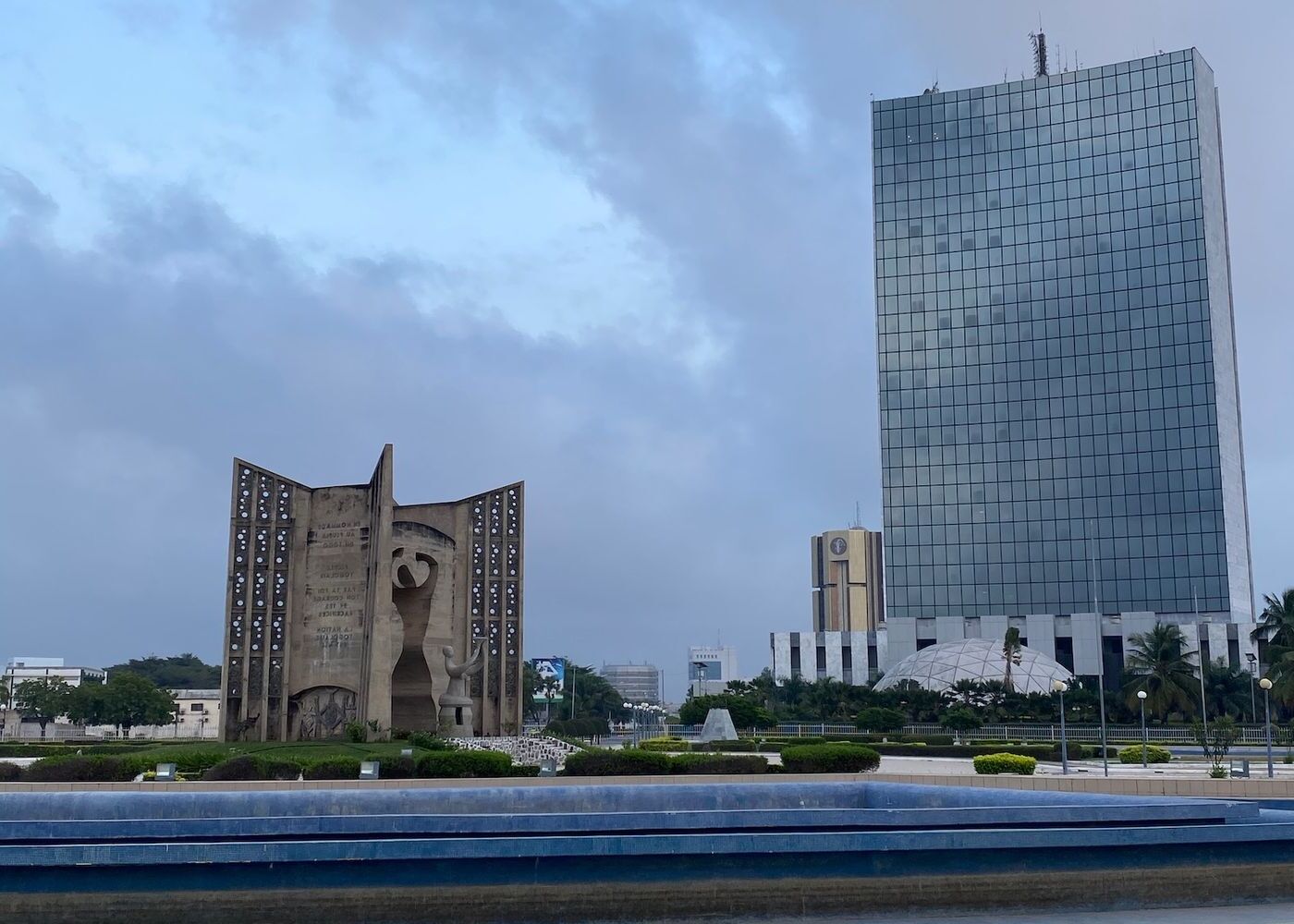
Togo, a small West African nation, often flies under the radar. Yet, this country brims with rich history, diverse cultures, and stunning landscapes. Ever wondered what makes Togo unique? Here are 20 facts that will give you a glimpse into this fascinating place. From its vibrant markets to its lush rainforests, Togo offers a blend of traditional and modern life. Did you know Togo is home to over 40 ethnic groups, each with its own language and customs? Or that it boasts one of the largest phosphate reserves in the world? Buckle up, because Togo's story is one worth knowing!
Key Takeaways:
- Togo's geography and climate shape its diverse landscapes and tropical weather. From coastal plains to Mount Agou, its natural beauty and weather patterns impact the lives of its people and economy.
- Togo's rich history, vibrant culture, and reliance on agriculture, mining, and trade make it a unique and dynamic country. With diverse ethnic groups, colonial past, and natural resources, Togo's heritage and economy are truly fascinating.
Geography and Climate
Togo, a small West African country, boasts diverse landscapes and a tropical climate. Its geography and weather patterns shape the lives of its people and the country's economy.
- Togo stretches about 357 miles (575 kilometers) from north to south but is only about 40 miles (65 kilometers) wide at its narrowest point.
- The country features five distinct geographic regions, including coastal plains, plateaus, and savannas.
- Togo's highest point is Mount Agou, which stands at 3,235 feet (986 meters) above sea level.
- The Mono River is the longest river in Togo, flowing from the central part of the country to the Gulf of Guinea.
- Togo experiences two rainy seasons in the south, from April to June and September to November, while the north has a single rainy season from May to October.
History and Culture
Togo's rich history and vibrant culture reflect its diverse ethnic groups and colonial past. The country's traditions and customs offer a unique glimpse into its heritage.
- Togo was once part of the powerful Ashanti and Dahomey kingdoms before European colonization.
- The country became a German protectorate in 1884 and was later divided between the British and French after World War I.
- Togo gained independence from France on April 27, 1960.
- The Ewe, Kabye, and Mina are among the largest ethnic groups in Togo, each with distinct languages and traditions.
- Voodoo, a traditional religion, plays a significant role in Togolese culture, with many festivals and rituals dedicated to it.
Economy and Resources
Togo's economy relies on agriculture, mining, and trade. The country's natural resources and strategic location contribute to its economic activities.
- Agriculture employs about 60% of Togo's workforce, with key crops including cotton, coffee, and cocoa.
- Togo is one of the world's largest producers of phosphate, a mineral used in fertilizers.
- The Port of Lomé, Togo's capital, is a major regional hub for trade and shipping.
- Togo's economy has been growing steadily, with an average annual growth rate of around 5% in recent years.
- The country is working to diversify its economy by investing in sectors like tourism and renewable energy.
Wildlife and Nature
Togo's diverse ecosystems support a variety of wildlife and plant species. The country's national parks and reserves protect its natural heritage.
- Fazao-Malfakassa National Park is Togo's largest protected area, covering over 1,920 square miles (5,000 square kilometers).
- The park is home to elephants, buffaloes, antelopes, and numerous bird species.
- Togo's coastal wetlands provide critical habitats for migratory birds and marine life.
- The country has several sacred forests, which are protected areas due to their cultural and spiritual significance.
- Togo's government and international organizations are working together to conserve its biodiversity and promote sustainable development.
Final Thoughts on Togo
Togo, a small West African nation, packs a punch with its rich history, diverse culture, and stunning landscapes. From its vibrant markets to the serene beaches, there's something for everyone. The country's unique blend of traditional and modern influences makes it a fascinating place to explore. Whether you're interested in the ancient Koutammakou landscape, the bustling capital of Lomé, or the beautiful wildlife in its national parks, Togo offers a variety of experiences. The people of Togo, known for their warmth and hospitality, add to the charm of this hidden gem. While it may not be the most well-known destination, Togo's treasures are worth discovering. So, next time you're planning an adventure, consider adding Togo to your list. You'll be pleasantly surprised by what this small but mighty country has to offer.
Frequently Asked Questions
Was this page helpful?
Our commitment to delivering trustworthy and engaging content is at the heart of what we do. Each fact on our site is contributed by real users like you, bringing a wealth of diverse insights and information. To ensure the highest standards of accuracy and reliability, our dedicated editors meticulously review each submission. This process guarantees that the facts we share are not only fascinating but also credible. Trust in our commitment to quality and authenticity as you explore and learn with us.


